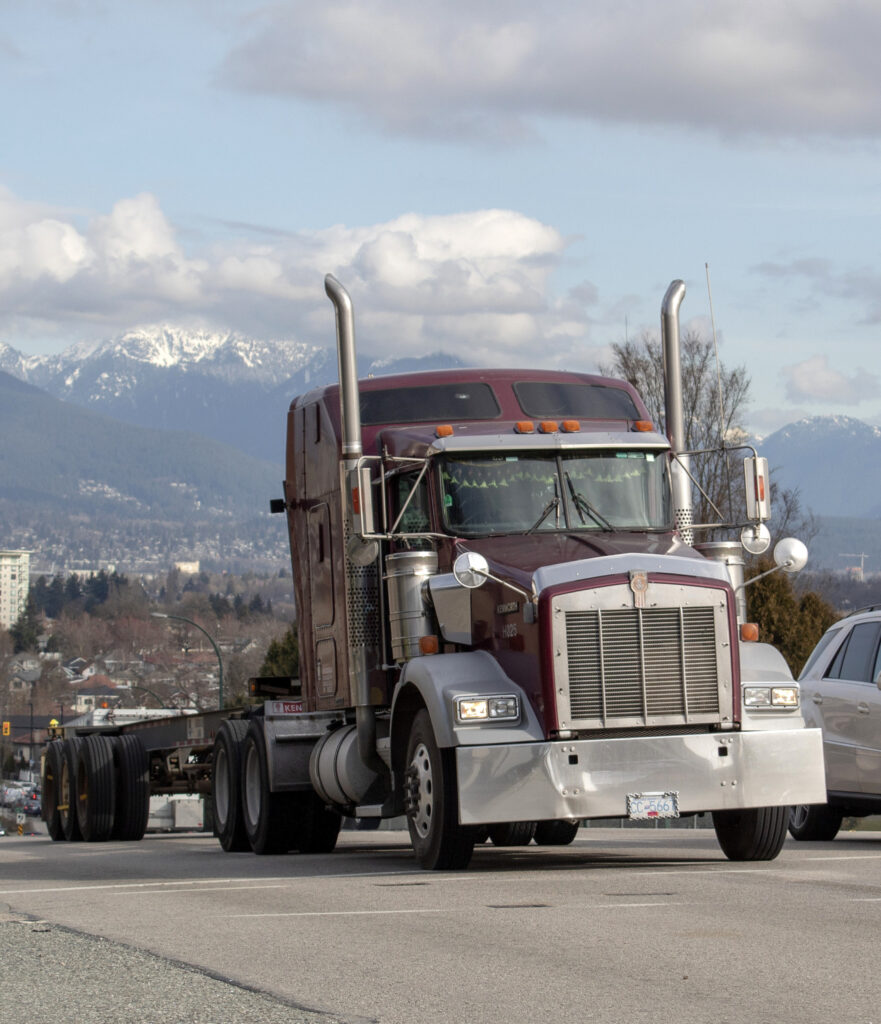B.C. introduces mandatory entry-level training
B.C. is the latest province to require mandatory entry-level training (MELT) for commercial drivers, requiring 140 hours of training.
The 140-hour training requirement is the highest in the country.
The new requirements will go into effect Oct. 18, 2021, and list of approved training providers will be released and posted to dtcbc.com by mid-June, the province announced. Other requirements include air brake training as well as six hours of mandatory flexible practical training.

The Ministry of Transportation and Infrastructure said the course requirements will exceed those of the National Safety Code Standard and will emphasize safe operating in B.C.’s mountainous geography and diverse climate.
“Having mandatory entry-level commercial vehicle training will result in better-trained new drivers and improved road safety for everyone in British Columbia,” said Rob Fleming, Minister of Transportation and Infrastructure. “We’ve worked collaboratively with the trucking industry to create a new MELT program for B.C. that will strengthen the industry and prepare drivers to operate safely across B.C.’s challenging climates. This training will ensure new commercial drivers are trained to a higher, consistent standard.”
The province borrowed best practices from other Canadian jurisdictions.
“Mandatory training for those operating the largest vehicles on our roads will improve safety across B.C.,” said Minister of Public Safety and Solicitor General Mike Farnworth. “MELT is a vital step to furthering the success our province has seen in reducing traffic fatalities in recent years.”
The Insurance Corp. of B.C. will oversee the MELT program. The new training requirements were welcomed by Safer Roads Canada.
“Safer Roads Canada is pleased to see British Columbia join the other western provinces in rolling out a MELT program that takes into account the challenging driving conditions and terrain in this province, including winding, narrow mountain passes and icy highways,” said Lawrence and Ginny Hunter, Safer Roads Canada board members, whose 18-year-old son Logan was fatally injured in the 2018 Humboldt Broncos bus crash. “We hope this program succeeds in putting better-skilled new drivers on Canada’s roadways so future tragedies can be prevented. This is a step in the right direction in recognizing the challenging conditions these workers face every day on our roads.”
And Dave Earle, president of the B.C. Trucking Association also commended the province for bringing in tougher training requirements.
“MELT will improve the behind-the-wheel driver training for people before they become commercial drivers, which will ultimately improve safety on our roads,” he said. “Creating a higher standard of competence before people can be licensed will help improve driver decision-making, leading to fewer mistakes on the road. The BCTA is supportive of this positive move by the provincial government, as the new driver training program will benefit us all.”
More details on the requirements can be found here.
Have your say
This is a moderated forum. Comments will no longer be published unless they are accompanied by a first and last name and a verifiable email address. (Today's Trucking will not publish or share the email address.) Profane language and content deemed to be libelous, racist, or threatening in nature will not be published under any circumstances.
MELT IS NOT THE PERFECT SOLUTION.
The reason why the truck driver did not stop was not because the driver did not understand the meaning of “STOP”, but because driver had to ignore the meaning of “STOP”.
Don’t close your eyes to the truth.
You guys already knew that the best way to make roads safer is to give the more time to break and money to live on.
Hi-60 years in the Trucking industry including owning a driver training facility, upgrading the industry is 40 years behind. The commercial accident level in BC. is at an all time high due to minimal driver training, and allowing driving schools to train with instructors who have little education or experience in the industry. Most other trades train for 4/5 years with government certification. The industry has allowed lobbying by large companies to maintain a minimal monetary return for Professional drivers, leading to “shortage” of Qualified Professionals. The 3rd. world immigrants are becoming predominant in trucking and most not Qualified. –
.
-
You are 100% right on. I would also add that distraction driving has also become kind of the norm as I witness it everyday, wether it’s a 4 wheeler or transport. Seems to me that there’s no enforcement in that regard.
Save lives: make trucking a Red Seal trade.
-
Hi I’m interested to undergo training programs
Very good idea also in B C they will provide insurance for all new truck and bus drivers. Ont gov should be doing the same thing with a tax on diesel fuel of one cent per liter consumed by trucks and buses to go into a special fund to help pay the gov insurance for all new drivers of trucks , buses and wheelchair vans in Ontario.
Good Day gents,
This is very good and safety for all the Employer/ Drivers being a Defensive Drivers I agree the new rules and regulations of the road safety protocol.
I believe this is an excellent move in the right direction and on the “road” to true professionalism. The overall knowledge and physical skills required by a transport driver today, especially with the present technology that is incorporated into these trucks requires no less this amount and degree of training. Can you imagine a person with a private pilot license (average 35-50 hrs training) to step into and expect to fly a 747.
May be a bit dramatic, but think about it